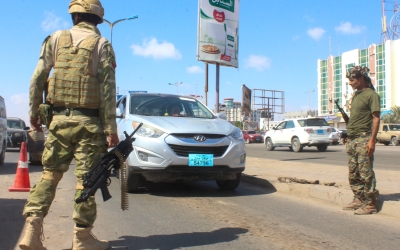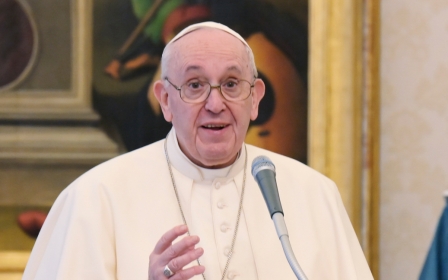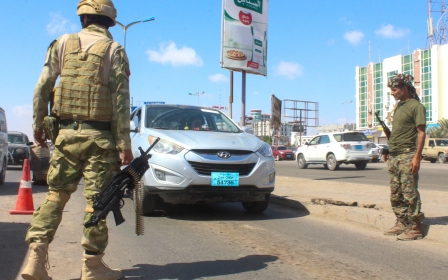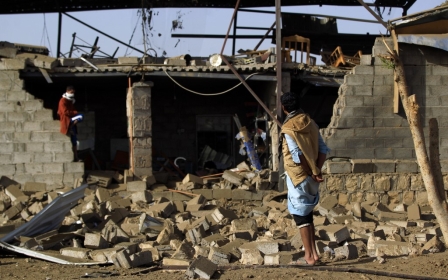Yemen’s Houthis say they 'reserve the right' to respond to US terror designation
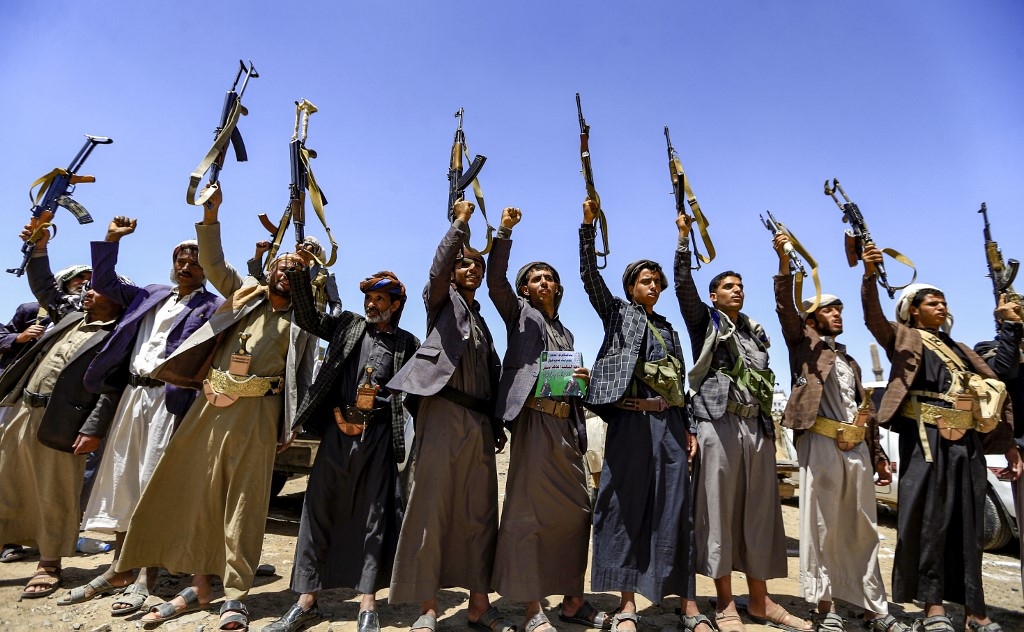
Yemen’s Houthis said they have a right to respond to a terror designation expected to be announced by the United States on Monday, a move that has prompted fears of exacerbating a humanitarian crisis in the war-torn country.
The news that the US administration plans to designate the Iran-aligned Houthis was first reported by Reuters on Sunday and was later confirmed by Secretary of State Mike Pompeo.
"The Department of State will notify Congress of my intent to designate Ansar Allah, sometimes referred to as the Houthis, as a Foreign Terrorist Organisation," Pompeo said in a statement late on Sunday.
"I also intend to designate three of Ansar Allah's leaders, Abdul Malik al-Houthi, Abd al-Khaliq Badr al-Din al-Houthi, and Abdullah Yahya al-Hakim, as specially designated global terrorists," he said.
He pointed to a 30 December attack on an airport in Yemen's second city Aden, which killed 26 people and was blamed by the Saudi-backed government on the Houthis.
A Houthi leader warned in a Twitter post that the movement, which has been battling a Saudi-led coalition in Yemen since 2015, may respond.
“We reserve the right to respond to any designation by the Trump administration or any other one,” Mohammed Ali al-Houthi said, condemning the US government as “a real partner in killing and starving the Yemeni people”.
The decision to blacklist Ansar Allah comes as the administration of President-elect Joe Biden prepares to take over from the Trump administration on 20 January.
Meanwhile, Iranian foreign ministry spokesman Saeed Khatibzadeh told a weekly news conference in Tehran on Monday: "It is likely that the bankrupt US government might try to further tarnish the United States' image in its remaining days and poison the American heritage."
The Houthis control much of Yemen, including the capital Sanaa, and are already under US sanctions.
The designation is expected to scare away outside actors from many transactions with Houthi authorities, including bank transfers and buying food and fuel, for fear of US prosecution.
Fears of a humanitarian crisis
Aid groups have warned Pompeo against the blacklisting, saying they have no option but to deal with what is the de facto government in northern Yemen.
"The US government must ensure that any sanctions do not block food, fuel and medicines from entering a country already in the middle of a full-blown humanitarian catastrophe," the Norwegian Refugee Council's Yemen director Mohamed Abdi said in a statement.
Pompeo insisted that the State Department was aware of the concerns and was "planning to put in place measures" to reduce the impact on humanitarian work and imports into Yemen.
A Saudi Arabia-led military coalition intervened in Yemen in 2015, backing government forces fighting the Houthi group. UN officials are trying to revive peace talks to end the war as the country's suffering is also worsened by an economic and currency collapse and the Covid-19 pandemic.
The United Nations describes Yemen as the world's largest humanitarian crisis, with 80 percent of the country's people in need of help. Top UN officials have warned that millions of people are facing famine and that more money is needed to deliver aid.
Middle East Eye propose une couverture et une analyse indépendantes et incomparables du Moyen-Orient, de l’Afrique du Nord et d’autres régions du monde. Pour en savoir plus sur la reprise de ce contenu et les frais qui s’appliquent, veuillez remplir ce formulaire [en anglais]. Pour en savoir plus sur MEE, cliquez ici [en anglais].


